Nairobi Governor Johnson Sakaja has clarified his position regarding claims that he intends to hand over county functions to President William Ruto’s national government.
This announcement came just days after President Ruto hinted at plans to assume certain functions of the Nairobi City County Government. including urban planning, in a move similar to the former Nairobi Metropolitan Services (NMS) structure, which he said would help “fix the city’s mess.”
Speaking during a media interview on Wednesday morning, October 15, 2025, Governor Sakaja dismissed reports that he is about to sign off any functions to the national government.
“Absolutely not. There are no functions that are going to be transferred to the national government,” Sakaja said.
Sakaja Denies Transferring of County Functions to National Government
He reiterated that Nairobi County will continue to run its own affairs, adding that the previous transfer of functions under former President Uhuru Kenyatta’s administration was a bad experience for the county.
“The last time Nairobi County’s functions were transferred during the previous regime, it ended up disastrous. You can imagine that in just two years, NMS left us with a pending bill of KSh 16 billion, and you know the kind of revenue that was being collected at that time,” Sakaja said.
Also Read: Sakaja Issues Fresh Directives to Nairobi Landlords
He acknowledged that some work was done, especially on walkways and cabro paving, but noted that most of it remained incomplete, despite the County Assembly having appropriated around KSh 27 billion to the same entity.
Sakaja blamed NMS for leaving behind the KSh 16 billion pending bill, attributing it to “quick fixes” where contractors were engaged to perform certain tasks but were never paid, terming the situation unfair.
The Nairobi Governor further clarified that he is not handing over Nairobi County functions to the national government but is instead seeking to collaborate with it.
To provide context to the ongoing debate about the transfer of functions, Sakaja explained that his administration has actually taken up some responsibilities that belong to the national government. He cited public primary schools, noting that his administration entered into an intergovernmental agreement with the Ministry of Education to provide school meals.
Sakaja further stated that his collaboration with President Ruto’s government mainly focuses on cleanliness, which has been a persistent challenge for his administration.
“To sustainably sort out the garbage issue, because that’s one thing that cuts across all classes in the city, cleanliness and our environment require collaboration with the national government,” Sakaja explained.
President to Ruto Expresses Interest in ‘Fixing Nairobi’
He added that Nairobi’s struggle with cleanliness stems from inadequate manpower, insufficient garbage collection equipment, and limited recycling capacity, areas where the national government is stepping in to collaborate with the county.
Sakaja’s clarification on the issue of transferring county functions to the national government came after President Ruto hinted at plans to “fix the mess” in Nairobi—a statement that was widely interpreted as an intention to take over county functions.
Also Read: Sakaja Explains Why He Is Unable to Keep Nairobi Clean
On October 12, 2025, during a church service at the Africa Inland Church (AIC) Ziwani to mark its 70th anniversary, President Ruto outlined four priority areas for transforming the capital.
“Nairobi cannot continue to be a city in the filth. We have started cleaning the Nairobi river, and now we are in the final stages of signing an agreement with the private sector on how we are going to clean this city,” Ruto said.
- Citywide Cleanup: Agreements with private sector partners are in the final stages to tackle garbage accumulation across estates. Ruto emphasized, “Nairobi cannot continue to be a city in filth,” linking the initiative to the ongoing Nairobi River cleanup, a KSh 40 billion project set for completion by January 2027.
- Road Rehabilitation: National government funding will go toward repairing and upgrading city roads to make them more “mobile and motorable.”
- Street Lighting: Installation of lights in poorly lit areas to improve security.
- Overall Modernization: A broader vision to position Nairobi as a “clean, modern, and globally competitive city,” with Ruto saying Kenya has the potential to become a first-world nation by 2055.
Follow our WhatsApp Channel and join our WhatsApp Group for real-time news updates.
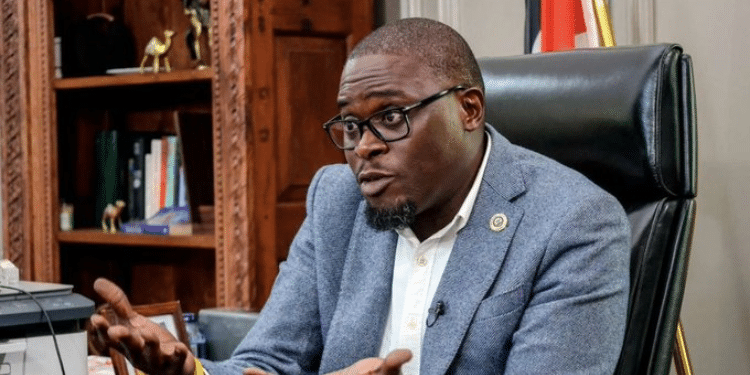

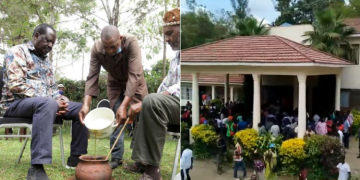
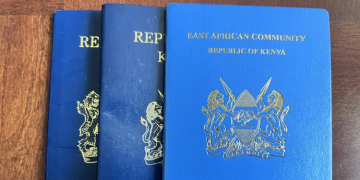

![Raila Odinga Death: President Ruto'S Address To The Nation [Full Text Speech] Raila Odinga Death: President William Ruto’s Full Speech](https://thekenyatimescdn-ese7d3e7ghdnbfa9.z01.azurefd.net/prodimages/uploads/2025/10/ruto-7-360x180.png)

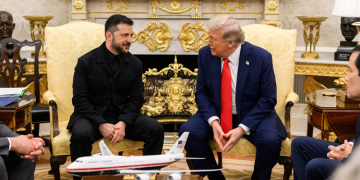
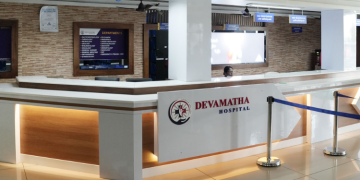
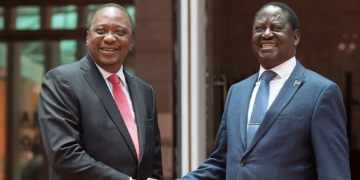









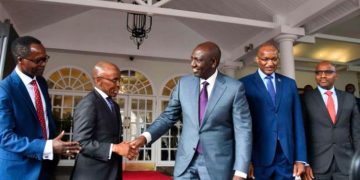


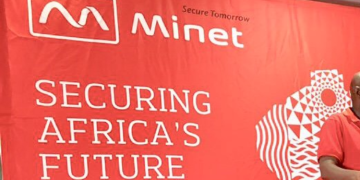

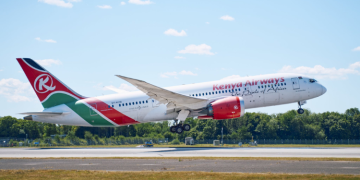
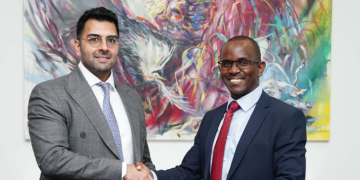






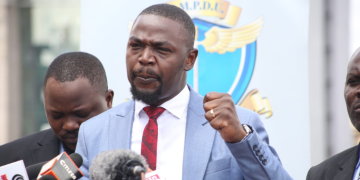
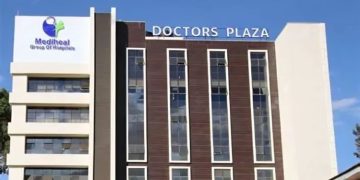
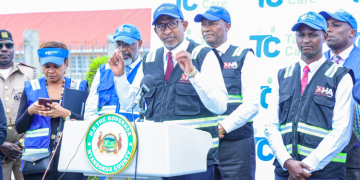
















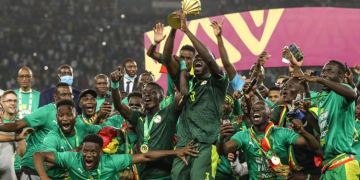




















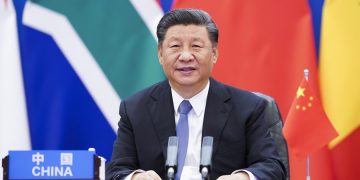


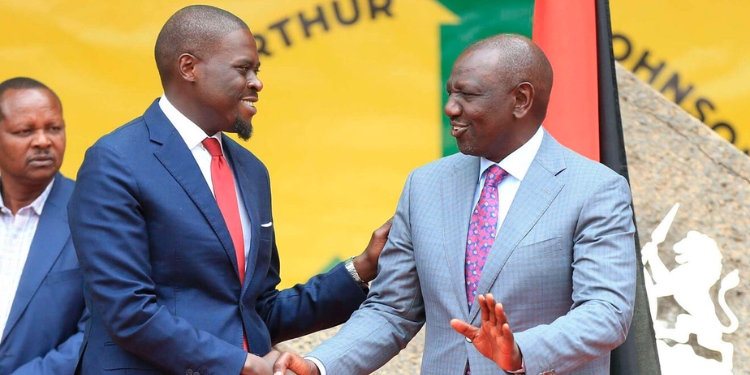



![Raila Odinga Death: President Ruto'S Address To The Nation [Full Text Speech] Raila Odinga Death: President William Ruto’s Full Speech](https://thekenyatimescdn-ese7d3e7ghdnbfa9.z01.azurefd.net/prodimages/uploads/2025/10/ruto-7-120x86.png)